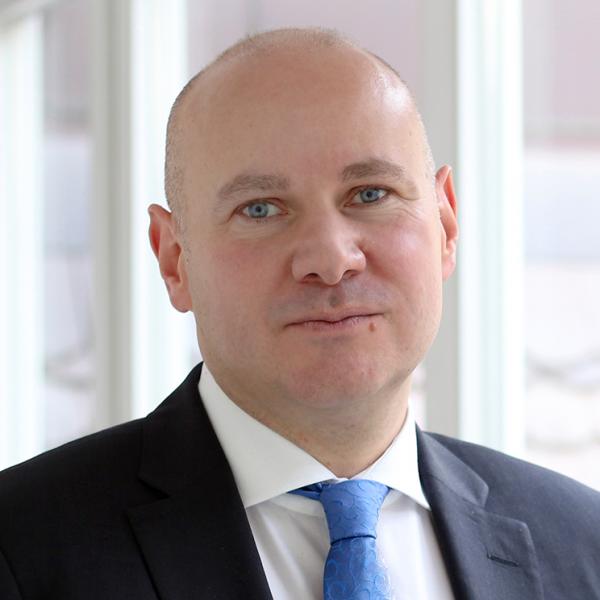ifo-N26-Economic Monitor: Tracking the Recovery across Europe
Project period: ongoing since July 2020
Research Areas:
N26 press contact: Crystal Goh (N26 Global PR Lead)
Tasks
Governments, businesses and the public need reliable, up-to-date and continuous information such that they can react quickly to new developments: by designing adequate policies, adjusting business models and adapting consumption-saving decisions. However, the coronavirus crisis showed that traditional approaches, such as surveys or official national statistics, have limitations in providing this badly needed information: They often take months to compute and come at low frequency, have a low level of detail, are based on small samples or are not internationally comparable.
In response to these challenges N26, the ifo Institute (ifo) and the Technical University of Munich (TUM) joined forces in a public-private partnership to provide timely and detailed insights about the economic developments, especially private consumption, in Europe. Next to several (static) reports, the ifo-N26-Economic Monitor offers updated and additional information on a publicly accessible website on income and spending patterns and further analyses, e.g. on digital and cashless payments, will be added over time. This creates a new policy instrument that offers guidance during the coronavirus crisis but can be useful way beyond.
Methods
This project leverages the pan-European presence of N26 and analyzes detailed income and spending patterns of private consumers in several European countries.
Data and other sources
Anonymized transaction data from N26 and Corona lockdown data from Oxford COVID-19 Government Response Tracker.
Results
Results for Germany suggest that the large decline in consumer spending during the coronavirus pandemic, especially for in-person services, is related to health risk (avoidance) rather than income decline or lockdowns. Consequently, policy makers can best foster the economic recovery by implementing effective public health measures that reduce the perceived health risk of consumers.

